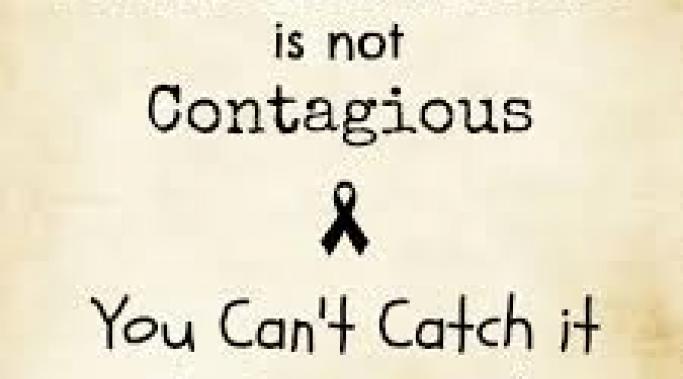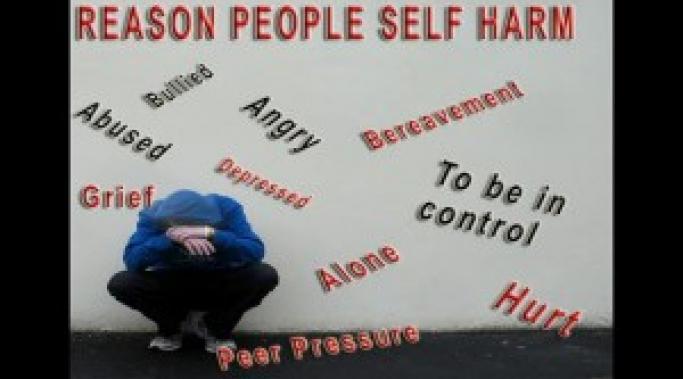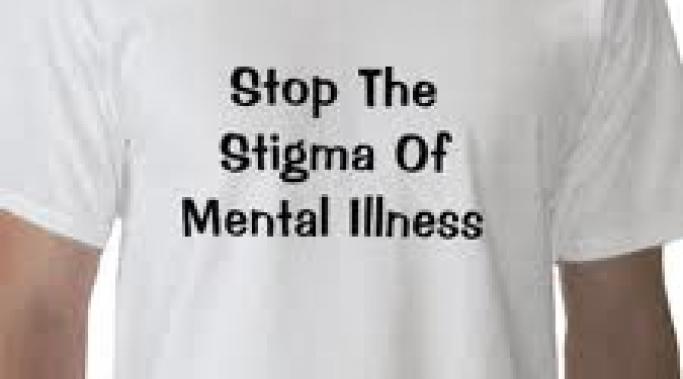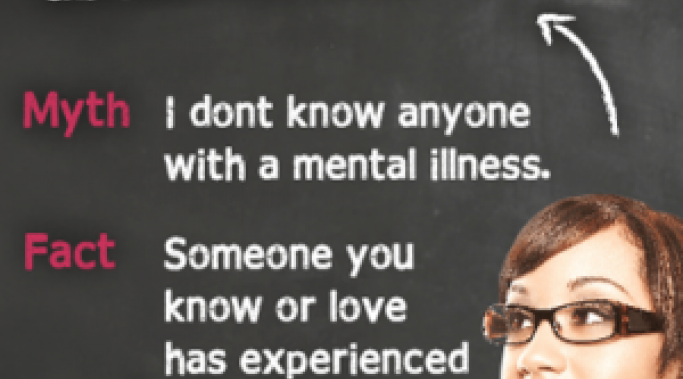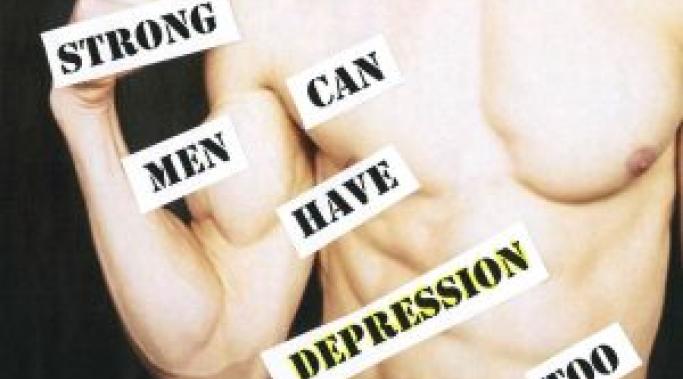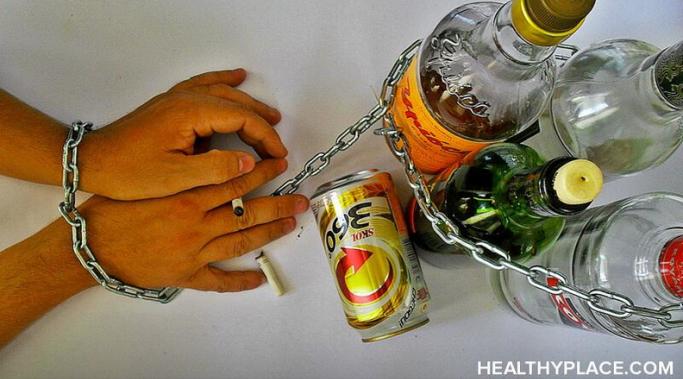In a recent column for the Calgary Herald, writer Licia Corbella states that she believes Glee star Cory Monteith would still be alive today if it wasn't for Vancouver's safe injection site, Insite.
As a professional who works with people struggling from addiction from both a harm reduction and an abstinence model, I barely even know where to begin with addressing how wrong and distorted her views are.
Ms. Corbella's views can be read right here.
Stigma and Society's Perception of Mental Illness
It's all fine and good to sit here and preach about the evils of mental health stigma. I'm proud of the work I have done and plan to continue to do. But let me be honest for a second here; even I stigmatize against people with a mental illness. I don't mean to of course, and always try to correct my thinking, but it happens.
The reasons that a person might harm themselves are as vast and complex as our individual genetic makeup. However, there seems to be one predominant goal associated with self-harm: release.
“I would resort to cutting myself for two reasons: the first being to release the tension, the build-up of emotions and thoughts that I just could not deal with. I wanted to scream but couldn’t,” said Julia P. who has battled and overcome self-harming behavior.
I came across this survey from 5 years ago that nearly knocked me right off my chair.
“In a 2008 survey conducted on behalf of the Canadian Medical Association, nearly half (46 per cent) of those polled believed that mental illness isn’t always “real” but rather an excuse for poor behaviour and personal failings.”
When I wrote the article ‘Eliminating the Word Schizophrenic’ I stated that schizophrenia was the most stigmatized of all the mental illnesses. Somehow, I forgot to consider dementia as the stigma that it bears runs much deeper than schizophrenia, bipolar disorder and depression combined.
It’s become common-place to hear of a celebrity publicly acknowledging having a mental illness (Famous People With Mental Illness). Most people would view this as a positive step in the right direction toward the goal of eliminating the stigma surrounding mental illness. But others, myself included, believe that some of these disclosures are actually counter-productive and could even be contributing to mental health stigma.
Stigma abounds when society is misinformed. Think back to the initial AIDS epidemic. The tuberculosis pandemic. And even the current societal view of addiction as a personal and moral failure.
Stigma begins with misinformation, and spreads with a complacent disinterest in the truth. Therefore, the more people know about mental illness, in theory, the less stigma there should be.
Although it may at times be difficult to find, there is psychiatric help out there. However, in order to access that help, you need to make that first step through the door. Not surprisingly, it turns out that the first step is one of the most difficult ones to make.
I certainly don’t need to convince any of my readers that mental health stigma is a living, breathing entity that can exist in all walks of life. But ask yourself just how much of that stigma is created in our own minds due to our distorted perceptions of the world around us?
Although not my favorite doctor to quote, Dr. Phil has in fact said it best. “You wouldn’t care about what people think about you if you knew how little they did.’
For forty hours a week, I get the opportunity to work with one of the most stigmatized populations that exist in North America: men who have recently been granted parole who also are fighting life-threatening addictions. These gentlemen have a double-whammy when it comes to stigma. Not only are they stigmatized due to their criminal records, they are stigmatized due to their addiction. And many on top of that, are also stigmatized for their mental health issues.

